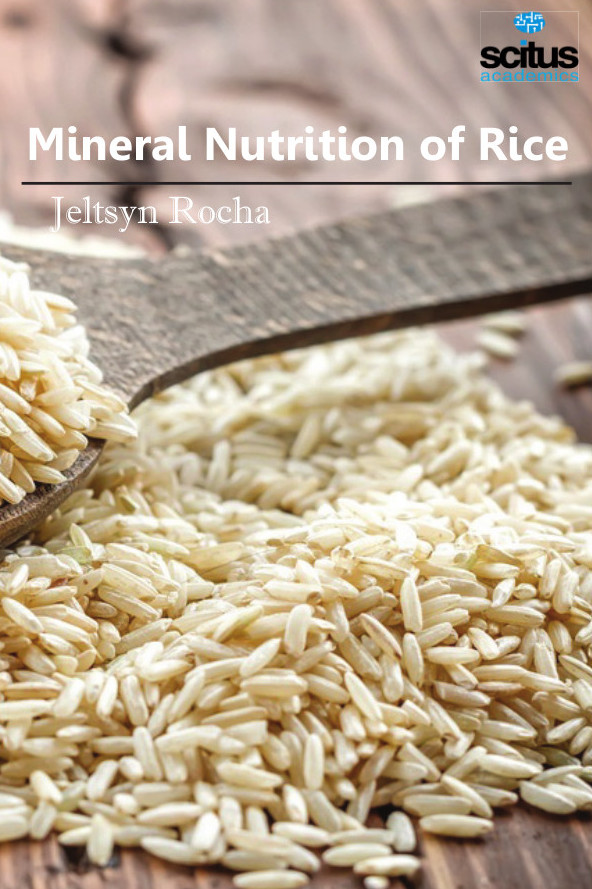Rice is one of the oldest cultivated crops on earth and half of the world’s population subsists wholly or partially on rice. Applying nutrients to the crop is essential in managing soil fertility so the plants grow and develop normally. A number of crop problems can be related to inefficient management of nutrients and nutrient imbalances in the field. Rice crops need to have the optimum nutritional balance. Macro-elements are needed by plants in large amounts. These are carbon, hydrogen, oxygen, nitrogen, phosphorus, potassium, calcium, magnesium, and sulfur. While microelements are only needed in lesser quantities, often in trace amounts. These are iron, manganese, copper, zinc, molybdenum, boron, and chlorine. In this text we review key issues determining nutrient management strategies in irrigated and rainfed lowland riceland and present examples of nutrient management strategies. If rice crops have more or less than the required amount of nutrients, the yield can be greatly affected. Mineral Nutrition of Rice focuses attention on rice crop nutrient necessities, assessment of soil nutrient delivering capacity, and features of soil microorganisms in a long-term fertilization experiment based on nutrient balance concepts. Also, the relationships between the microbial biomass and chemical properties of the soil, such as available N, P and K contents are highlighted. The investigation aimed at analyzing the effects of fertility on soil microbial biomass and soil nutrient supplying capacity, and at considering implications for the long-term management of paddy soil fertility.
Soil nutrient deficiency and unbalanced fertilization to rice crop had negative effect on the diversity of the microbial community and total microbial biomass in the soil. The long-term fertilizer experiment also showed that balanced application of N, P and K promoted microbial biomass growth and improvement of community composition. Unbalanced fertilization reduced microbial N and increased C/N ratio of the microbial biomass.













